Micolucci arrived in Sweden four years ago, when he won a post-doc position at Lund University researching energy-efficient water treatment technologies, and for the last two years, he has been commuting weekly to Gothenburg University, where he is further developing experimental methods to clean the water supply, using membrane filtration and activated carbon to remove pharmaceuticals and other harmful contaminants.
But Micolucci has for more than 12 years had a second life as an established techno DJ, and in Sweden he has somehow also found the time to spin records at raves and various clubs around Malmö, where he currently lives, creating his own music on a label (Eight of Cups) he founded with a fellow foreigner Gregory Vartian-Foss.
“On a creative level, this town is unique, golden,” he says of Malmö. “There’s real, dynamic energy in the arts scene, and you notice more and more that it is being recognised – internationally, even.”
He met Vartian-Foss, a professional bass player with the Malmö Symphony Orchestra who comes from Los Angeles, three years ago, and they soon started bonding over a passion for rare Italo disco records.
In their most recent project, they formed a trio with the Swedish multi-instrumentalist and singer Miranda Gjerstad, covering a rare, nearly forgotten gem of Italo disco, which they have reissued on vinyl, alongside their own cover version.
Vartian-Foss now creates his music in a shared studio in the growing creative haven of Norra Grängesbergsgatan, he previously produced his tracks at the arts and music venue, Inkonst, and he regularly performs alongside Gregory as resident DJ at Plan B – a frequently packed Malmö concert and club institution.
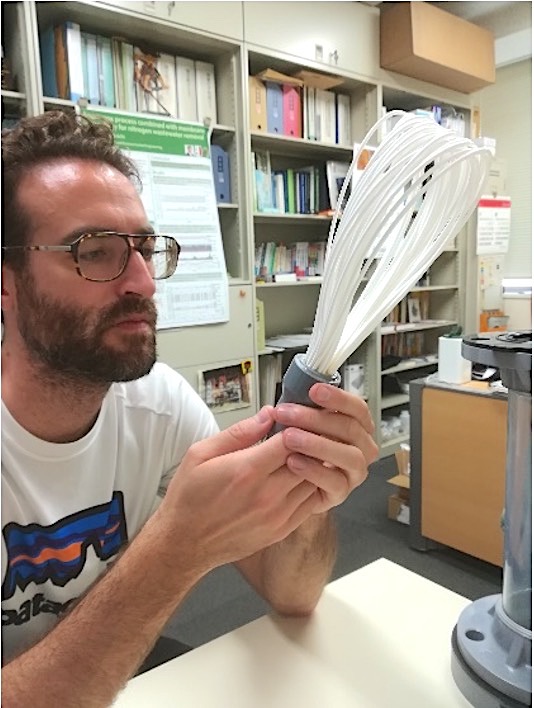
At the same time, Micolucci’s research has been developing at a fast pace. He recently took over operations at an innovative waste-water treatment plant in Helsingborg, and this winter, he won the prestigious Marie-Curie fellowship for postdoctoral scientific research.
Micolucci has been impressed by the extent to which his Swedish fellow researchers and mentors have gone out of their way to make him feel comfortable in academic life.
“Generally speaking, the feeling I got from Swedish society was that people are polite, thoughtful, and seem to avoid prejudging. At the same time, it was a bit challenging as everyone started to push me (in a positive way, I might add) to listen to, speak, and immerse myself in the Swedish language.”
His experience of academia in Denmark and at home in Italy has shown him that the sector is marked by stiff competition, something he believes can be positive if helps drive innovation. In this Sweden is no exception, he says, with the main difference being the level of conflict avoidance.
“Swedes are uncomfortable confronting people when something goes wrong,” he believes. “They try to keep a positive work environment, which is great – but this can sometimes lead to mistakes going uncorrected and unresolved misunderstandings. I don’t want to sound overly judgemental, but I think it’s just a stark difference from Italian society, in which people can be pretty direct and sometimes confrontational.”
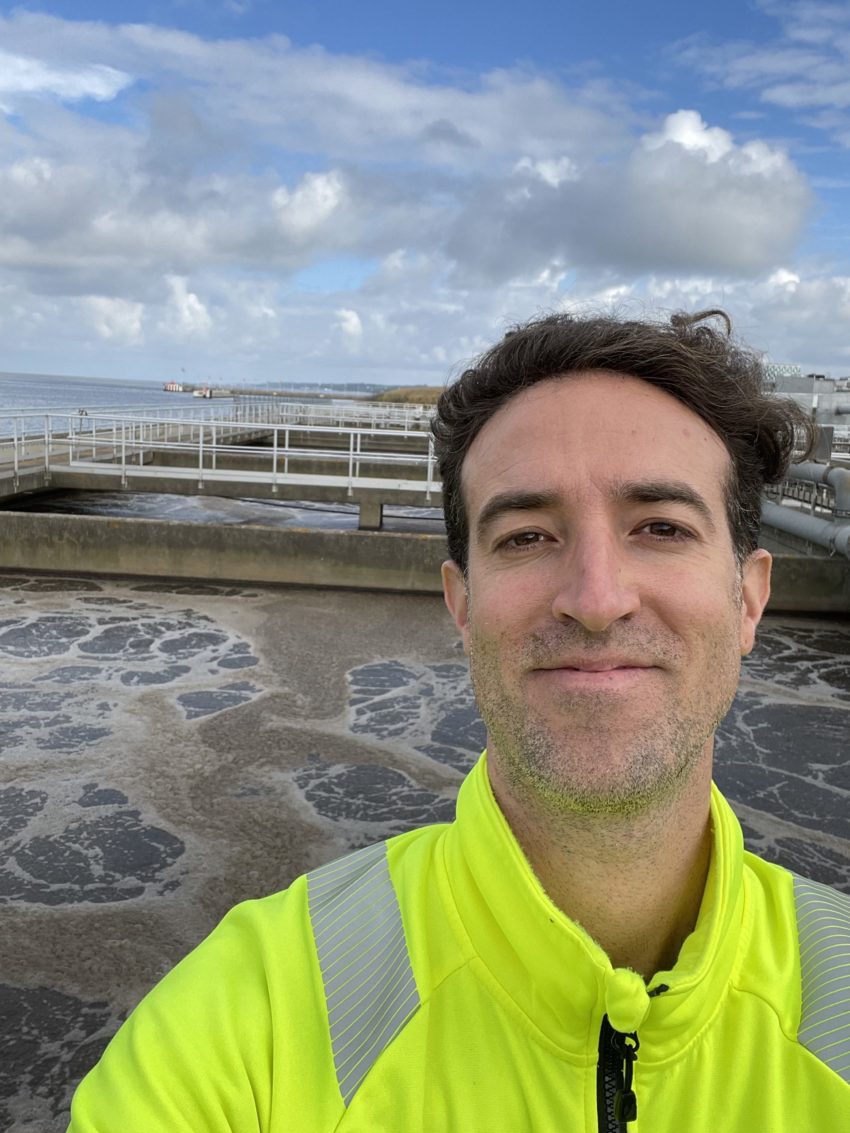
Federico’s eyes light up when talking about his new job in Helsingborg.
Part of Helsingborg’s urban renewal district, Oceanhamnen, the operational plant and research site is the world’s first full-scale filtration system of its kind.
“It’s the best job I have ever had,” he says. “My Swedish colleagues are supportive, welcoming every day, and positive in a real way. They encourage employees to be comfortable and maintain a good work-life balance. At the same time, they believe in making strides in research and finding solutions to improve the ways in which we interface with the environment. It’s a great feeling. Rarely before, did I wake up every day feeling good about going to work.”
Micolucci still misses his native Italy, which he describes as “the most beautiful country in the world, taking into account the combination of landscapes, architecture, and food”, but he makes do with keeping in touch with friends and family in Venice on the phone, and making regular trips back home.
“It’s harder to live there and much more stressful from a working perspective,” he says. “What I have found here in Sweden is that the key to life is free time. Sure, work is important, but it can’t always be the priority in life, and many companies, at least in my field, understand this. I’m able to develop my passions and spend time with my beloved friends, doing what I love – much more than would be possible back home. “

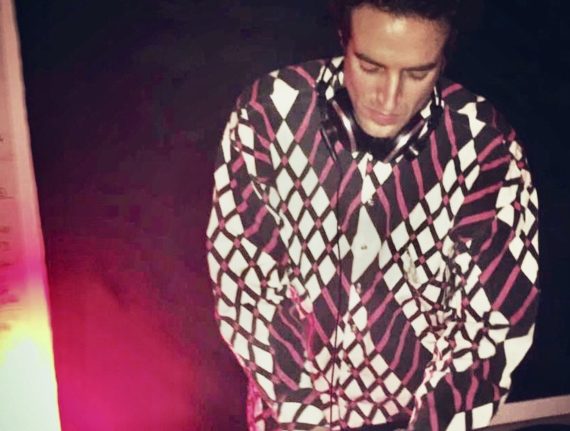
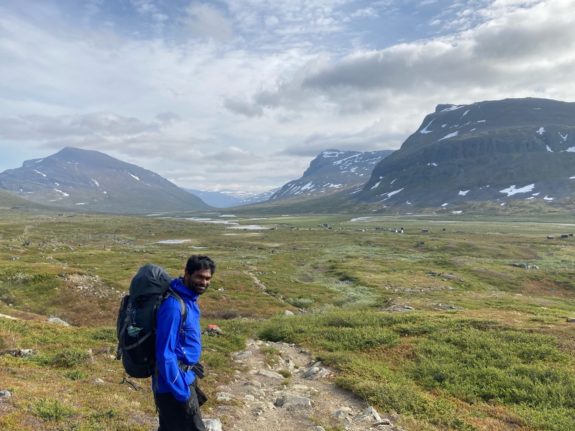
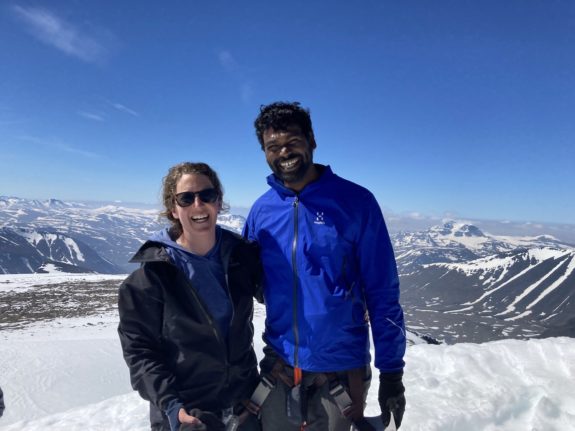
 Please whitelist us to continue reading.
Please whitelist us to continue reading.
Member comments